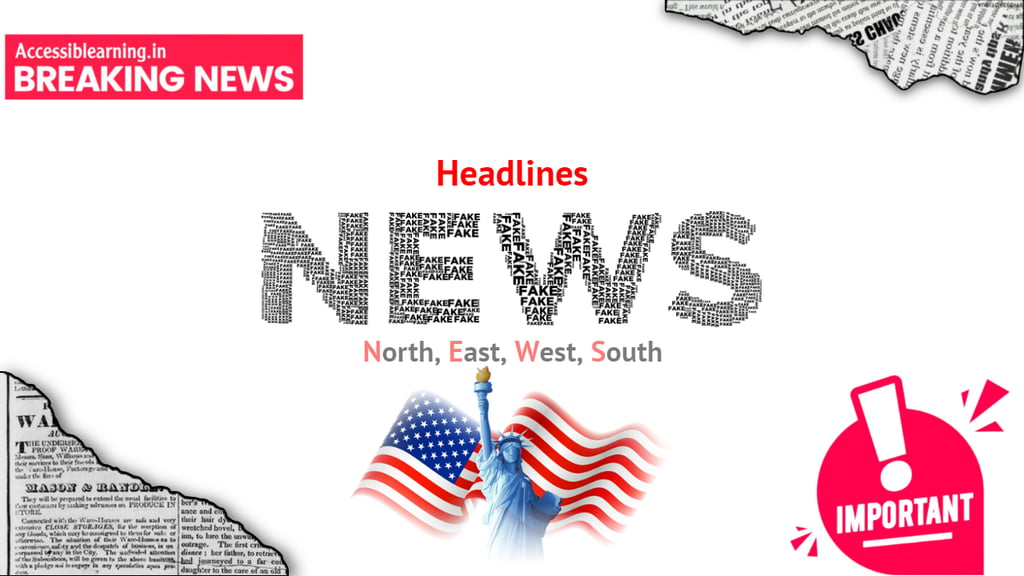
America’s Week of High Stakes: Diplomacy, Tariffs, and Tensions at Home
Catch up on last week’s biggest U.S. news: Trump-Putin summit plans, sweeping tariffs, cartel policy changes, violent incidents, Fed rate signals, and NASA’s asteroid watch—each event with lasting impact.
USANEWS/CURRENT AFFAIRSGLOBAL ISSUESNEPOTISM/SOCIAL ISSUES
Kim Shin
8/11/20254 min read


Last week in America unfolded with a mix of high-stakes diplomacy, economic turbulence, and pressing security concerns. From a planned Trump-Putin summit in Alaska to the sudden shock of new tariffs shaking global markets, the headlines carried weight for both domestic and international audiences. The week also saw unsettling violent incidents at home, critical shifts in monetary policy expectations, and even a close encounter with an asteroid. Each development tells part of the bigger story of a nation navigating political gambles, economic tests, and security challenges—both on Earth and beyond.
Trump-Putin Summit Set for Alaska (August 15)
Former President Donald Trump announced a highly anticipated one-on-one meeting with Russian President Vladimir Putin in Alaska on August 15, 2025, aimed at negotiating a peace deal in Ukraine—possibly involving territorial swaps. While European leaders and Ukraine itself remain deeply skeptical, this summit marks the first U.S.–Russia bilateral since 2021 and revives global attention on the conflict.
Escalating Tariffs: Shifting the Global Trade Landscape
The U.S. is hitting the brakes—or gas—on trade. Reciprocal tariffs ranging from 10% to 41% have rolled out starting August 7, hitting 69 countries in a sweeping move. A critical decision on whether to extend the temporary truce with China is due August 12, and the end of “de minimis” exemptions looms on August 29, along with a drug-pricing deadline for pharmaceutical firms on September 29.
More Aggressive Cartel Strategy—Military Option?
Reports reveal Trump has issued a classified directive permitting U.S. military action against Latin American drug cartels, now designated as terrorist groups. The plan raises alarm among Mexico’s leadership, who publicly dismissed any threat of invasion.
Shooting at CDC Headquarters in Atlanta
On August 8, a tragic shooting occurred outside the CDC in Atlanta. A law enforcement officer was killed, and the shooter then barricaded and died in a nearby CVS. No other injuries were reported, but emergency lockdowns were enacted at the CDC and nearby Emory University. This incident brought renewed attention to security protocols at critical federal institutions.
Fort Stewart Mass Shooting—Five Injured
Meanwhile, on August 6, Fort Stewart—an Army base in Georgia—experienced a shooting when a soldier opened fire, injuring five fellow soldiers. The assailant was detained by other service members, and all victims are expected to recover.
Patent Clash with Harvard & New Diplomatic Pick
The Trump administration has threatened to take control of Harvard's federally funded patent portfolio via the Bayh-Dole Act, intensifying concerns over academic freedom. Added to the political shuffle, State Department spokesperson Tammy Bruce has been nominated as Deputy U.S. Ambassador to the U.N. despite her limited foreign policy background.
Near-Earth Watch: Asteroid 2025 OT7
In a science turn, NASA tracked the close approach of asteroid 2025 OT7—about 170 feet wide—as it passed near Earth on August 5. While the flyby posed no threat, it served as a reminder of the importance of planetary defense systems.


Tariff Shock Hits U.S. Economy
On August 7, President Trump rolled out sweeping tariffs on imports from over 60 countries, with some rates reaching as high as 100%, notably impacting sectors like computer chips and pharmaceuticals. U.S. economic indicators reacted, showing slower hiring, mounting inflation, declining home values, and a 38% spike in the trade deficit. Critics argue these tariffs may inflict lasting damage.
Gold Market Rattled by Tariff Move
The U.S. reclassified one-kilo Swiss gold bars, imposing a 39% tariff that threatens $61.5 billion worth of Swiss gold exports. The shift rattled global markets, causing Comex gold futures to surge to a new high of $3,534 per troy ounce.
Signs of 'Stagflation-Lite' Emerge
Economists warn of a creeping "stagflation-lite" scenario: rising inflation paired with economic slowdown and sluggish job growth. July’s PCE inflation hit 2.6% year-over-year, while job gains were a modest 73,000, below expectations. Higher service prices and growing unemployment claims deepen concerns about economic stability.
Fed Official Backs September Rate Cut
Federal Reserve Governor Michelle Bowman signaled support for a September interest rate cut, citing weak labor data and falling hiring figures. Alongside another dissenting governor, she pushed for three rate reductions later in 2025, pointing to these as critical steps to support the job market.
Sharp Divide: Wall Street vs. Main Street
While U.S. stock markets climbed—propelled by optimism around AI and infrastructure—everyday Americans felt the pinch. Rising tariffs have raised the import tax rate to nearly 18.6%, the highest since 1933. Surveys show mounting consumer stress, especially over grocery bills, even as stocks remain near record highs.
Tariffs Taking Toll on Real Households
Analysts estimate that Trump's tariff policies could cost the average household about $2,400 annually. Although the economy hasn’t collapsed, employment and growth are weakening. Stockpiles built up before the tariffs are now dwindling—potentially fueling yet more inflation. The situation highlights lingering instability under Trump’s economic policies.
Israel Poised to Occupy Gaza City
Amid the intensifying Gaza conflict, Israel announced plans to occupy Gaza City. This military escalation raises alarm over worsening famine and civilian suffering in the region.
The past week in America was more than a collection of isolated headlines—it was a snapshot of a country at a pivotal crossroads. International relations are being reshaped through direct talks with global powers, while aggressive tariff measures test the balance between protectionism and economic stability. Domestic safety concerns resurfaced after multiple shootings, and debates over intellectual property, trade policy, and monetary decisions are influencing the nation’s trajectory. Even space science reminded us of the larger universe in which these events unfold. As the U.S. heads into another week, these developments will continue to ripple across politics, markets, and daily life.
Subscribe To Our Newsletter
All © Copyright reserved by Accessible-Learning Hub
| Terms & Conditions
Knowledge is power. Learn with Us. 📚


